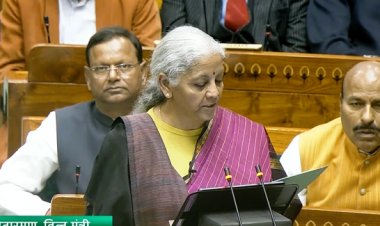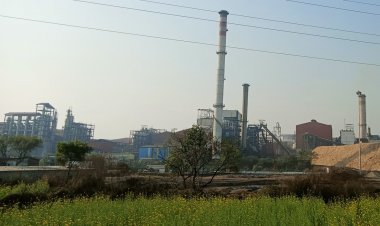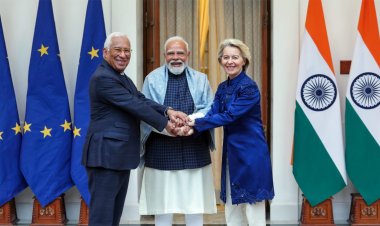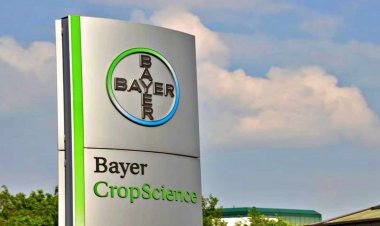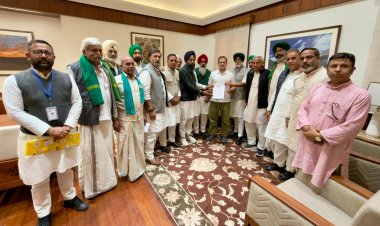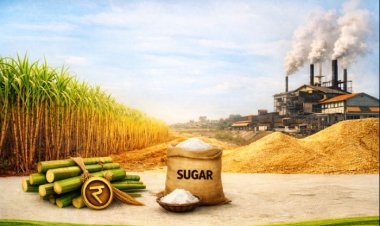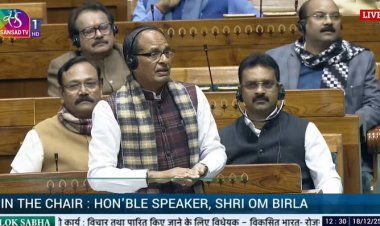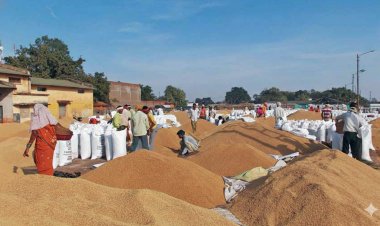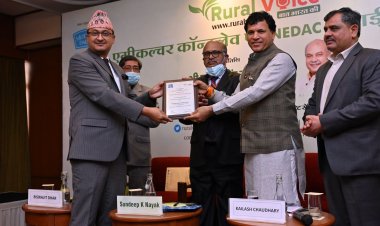High-density planting system for cotton farming in Maharashtra boots productivity
India is the world’s largest cotton producer, it ranks low in productivity. Maharashtra, a major cotton-producing state, has struggled with yields despite having large growing areas. To address this, Rasi Seeds launched the ‘Rasi Max Project’ in partnership with ICAR-CICR, Krishi Vigyan Kendra (KVK) scientists, and local farmers. This project introduces hybrid seeds suited for HDPS, allowing farmers to grow up to 26,000 plants per acre—four times the amount with traditional methods. Farmers involved in the project have seen positive results.
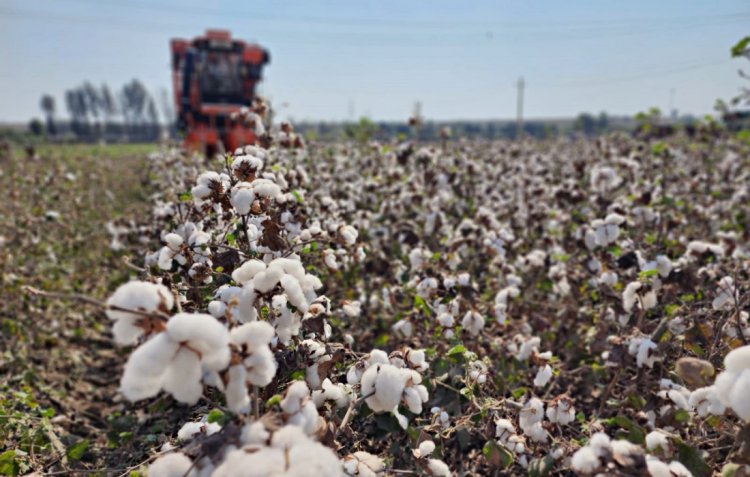
Cotton farmers in Maharashtra are transforming their cultivation practices by adopting the High-Density Planting System (HDPS), a method set to significantly enhance productivity while addressing the challenges of low yields and labor shortages. This new method is expected to improve productivity by 30-40 percent per acre, helping to tackle challenges like low yields and labor shortages. With HDPS, more plants are grown per acre, making harvesting easier through mechanization. This shift also aims to strengthen India’s textile industry, which has faced supply issues since the pandemic.
According to the press release from Rasi Seeds, although India is the world’s largest cotton producer, it ranks low in productivity. Maharashtra, a major cotton-producing state, has struggled with yields despite having large growing areas. To address this, Rasi Seeds launched the ‘Rasi Max Project’ in partnership with ICAR-CICR, Krishi Vigyan Kendra (KVK) scientists, and local farmers. This project introduces hybrid seeds suited for HDPS, allowing farmers to grow up to 26,000 plants per acre—four times the amount with traditional methods. Farmers involved in the project have seen positive results.
Sathyanarayana Rao H G, Head of Marketing for Cotton at Rasi Seeds, highlighted the broader impact of the Rasi Max Project: "Through the HDPS Project, farmers receive specialized training on customized agronomy and advanced pest and nutrient management practices. The success we've seen in Maharashtra serves as a model for other cotton-growing regions. In this HDPS project, we have collaborated with key external stakeholders to build a supportive ecosystem. We’re working with machinery firms for pneumatic planters & Cotton Pickers, crop protection companies for defoliation and plant growth regulators (PGRs), Central institutions for tailored agronomic solutions, and textile companies for post-harvest machinery. This program not only boosts productivity for individual farmers but also strengthens the agricultural community by driving an overall increase in cotton productivity."
HDPS currently covers over 22,000 acres with nearly 2,000 farmers participating. The system includes advanced tools like pneumatic planters for precise sowing, boom sprayers, and mechanical cotton pickers, all of which help increase productivity. These innovations are vital for India’s cotton industry, impacting millions of farmers and textile workers and ensuring a steady cotton supply. The success of HDPS in Maharashtra marks a shift towards sustainable growth in India’s cotton sector, promising resilience and profitability for the future.



 Join the RuralVoice whatsapp group
Join the RuralVoice whatsapp group


















